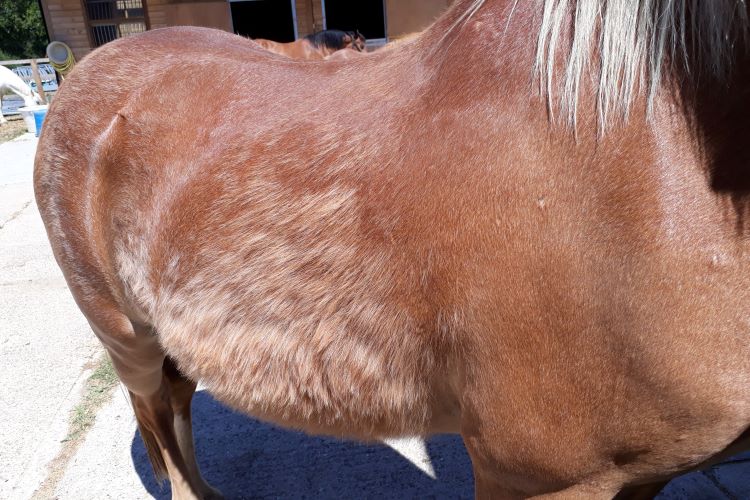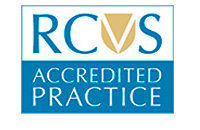24 hour contact: 01707 666297
The RVC calls for participants as it launches new study into the effects of Cushing’s disease in horses and ponies
The Royal Veterinary College (RVC), in partnership with CVS Group plc, has launched a new study to explore the effects of Pituitary Pars Intermedia Dysfunction (PPID), commonly known as Equine Cushing’s disease, in adult and older horses and ponies in the UK. The study aims to better understand the impact of the disease on horses’ and ponies’ quality of life and is hoped to improve monitoring and decision-making regarding treatment of the disease around the world.

PPID is a common hormone disease, usually experienced by older equines. Affecting approximately 25% of horses and ponies over the age of 15 years, it has several associated clinical symptoms that can impact quality of life, including the painful hoof condition, laminitis; weight loss and lethargy.
Due to the nature of these symptoms, owners frequently mistake some of these clinical signs as being associated with ageing and therefore, not worrying enough to seek veterinary advice. Additionally, when diagnosed, owners are often required to provide increased physical care, alongside greater costs, both of which can carry an emotional burden for them.
To better support animals, veterinarians and owners, the RVC’s study seeks to develop a validated equine quality of life tool to objectively assess the impact of the condition on an individual horse’s quality of life. This will help support decision-making related to treatment and/or euthanasia options for horses and ponies diagnosed with PPID. In doing so, the RVC research team, led by Aline Bouquet, PhD Candidate and Research Assistant, and supported by Professor Nicola Menzies-Gow, Professor in Equine Medicine, and Professor Christine Nicol, Professor of Animal Welfare, is calling on horse and pony owners to complete an online survey, providing much-needed data for the initial development of the tool.
The newly developed tool will then be used in a study involving more than 100 horses recently diagnosed with PPID and will follow these horses over a two-year period, observing the impact of the disease and its treatment on their quality of life.
Participants can have horses and ponies with PPID as well as those without the condition and must be older than ten years of age. The survey will take no longer than 15 minutes to complete, providing an assessment of the animal’s quality of life, clinical signs associated with PPID and any additional veterinary-related problems.
Aline Bouquet, PhD Candidate and Research Assistant in the Assessment of Quality of Life in Equines with PPID, said:
“Results from this project will better our understanding in how this disease and its treatment impact the quality of life of individual horses and ponies, which can hopefully then help vets and owners to assess and monitor the impact, guide management decision-making and thus improve the welfare of affected horses and ponies.”
Owners who wish to participate can sign up for the study at: https://rvc.uk.com/PPID-test-survey2024
More information about the study can be found at: https://www.rvc.ac.uk/research/projects/objective-assessment-of-the-quality-of-life-of-equines-with-pituitary-pars-intermedia-dysfunction
Notes to Editors
For media enquiries, please contact:
- Jasmin De Vivo jasmin.devivo@plmr.co.uk or rvc@plmr.co.uk
- Press Line: 0800 368 9520
About the RVC
- The Royal Veterinary College (RVC) is the UK's largest and longest established independent veterinary school and is a Member Institution of the University of London.
- It is one of the few veterinary schools in the world that hold accreditations from the RCVS in the UK (with reciprocal recognition from the AVBC for Australasia, the VCI for Ireland and the SAVC for South Africa), the EAEVE in the EU, and the AVMA in the USA and Canada.
- The RVC is ranked as the top veterinary school in the world in the QS World University Rankings by subject, 2023.
- The RVC offers undergraduate and postgraduate programmes in veterinary medicine, veterinary nursing and biological sciences.
- The RVC is a research-led institution, with 88% of its research rated as internationally excellent or world class in the Research Excellence Framework 2021.
- The RVC provides animal owners and the veterinary profession with access to expert veterinary care and advice through its teaching hospitals and first opinion practices in London and Hertfordshire.

